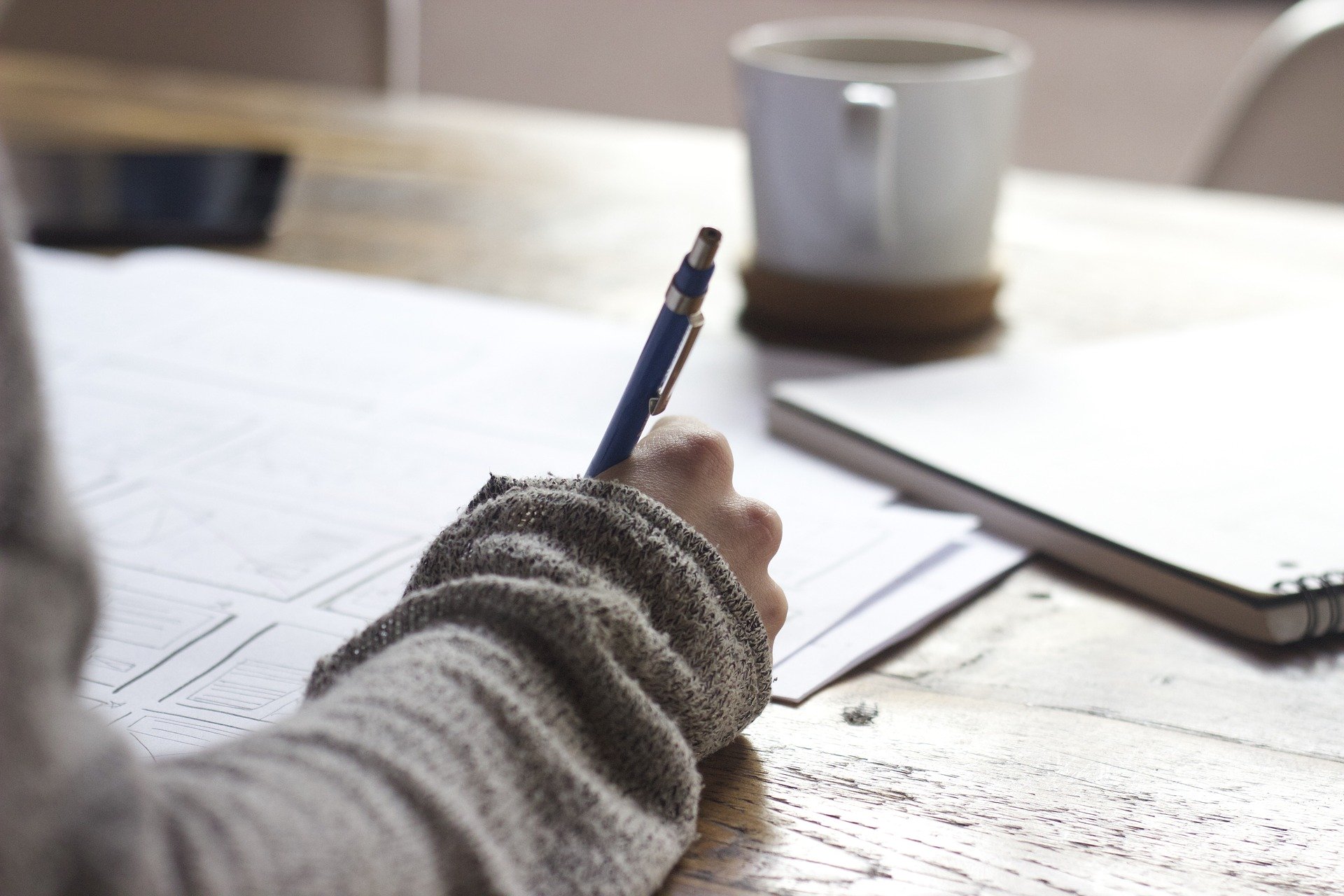Get Your Writing Habits into a Flow
It can be difficult to get words onto a page and get the flow of your writing to unravel. Here are a few tips to make this happen…
Use experience

What personal experiences can you put into your writing? Perhaps the main character is a reflection of yourself or someone you know. Maybe they’re about to face something you already have in the past. Experience is very subjective, valuable and powerful. It can be used in many different ways and is unlikely to be exactly the same for someone else. Writing itself is very unique which is what makes this such a promising element to use.
Use inspiration
Can you think of a strange dream you had? This could spark an idea that maybe no one else has thought of yet. Late at night when you are supposed to sleep, great ideas
could spring very suddenly. Write these down as soon as they are thought of or dreamt of. It’s very easy to forget them, and then they’re gone forever.
If you have a very vivid imagination, these ideas could arise from anywhere, from looking out of the window to seeing an interesting person walking down the street. Jacqueline Wilson came up with Tracy Beaker’s surname by looking around her bathroom! There is always an idea that hasn’t been used yet and the options are limitless. Also, ideas can appear suddenly and on their own. It is unlikely they can be conjured up on purpose. Sometimes it’s about the right time, the right moment, the right idea. Many ideas may not piece together well, some may be ruled out entirely, and writing is about putting the jigsaw of ideas together to fit.
Sketch

For some, writing is very much a visual process. Ideas may come as images and these may need to be sketched out on paper before being transformed into words. If you are an artistic person, this may be the perfect way to get started. Paintings, drawings and photography all tell stories.
Work backwards
Just like in the way crimes are solved, sometimes working backwards means you make the story clear in your mind. It might be that you see an ending before anything else and, especially with crime fiction, it may mean working out the twists and turns starting from the conclusion. This way, it might be easier to drop hints and develop characters as well as the storyline from the beginning, knowing where it will all lead.
Get in the flow
Sometimes you will have sparks of ideas and words coming to mind, whereas other times you may be sat with a blank piece of paper and a blank mind. Once you become ‘in the flow’, make the most of it and take what you can from it. Writing can be very inconsistent, from hours and hours until your wrist aches to just a few minutes of scribbling out and frustration. There will be moments where your writing will flow out and these moments may be crucial for shaping the whole piece and exploring different ideas, seeing what fits best.
Experiment
Perhaps there are a few different ideas that could work. Just like music, it’s sometimes best to try different versions, no matter how similar they feel, to then reveal what is the right route for the piece. It could take many different tries and some of your ideas looking back may not work. Trial and error is a good way of narrowing ideas if you have too many.
In conclusion, there are a multitude of ways to inspire yourself to get writing. If you are stuck, looking for inspiration or just want to better develop an idea try some of the processes above to get the writing process moving.





Leave A Comment